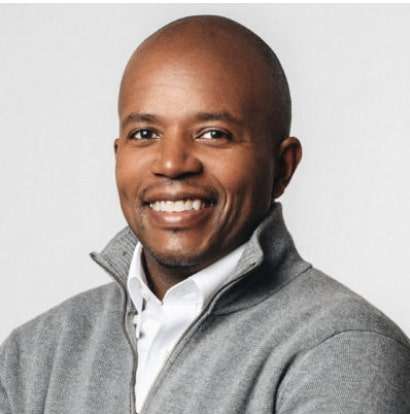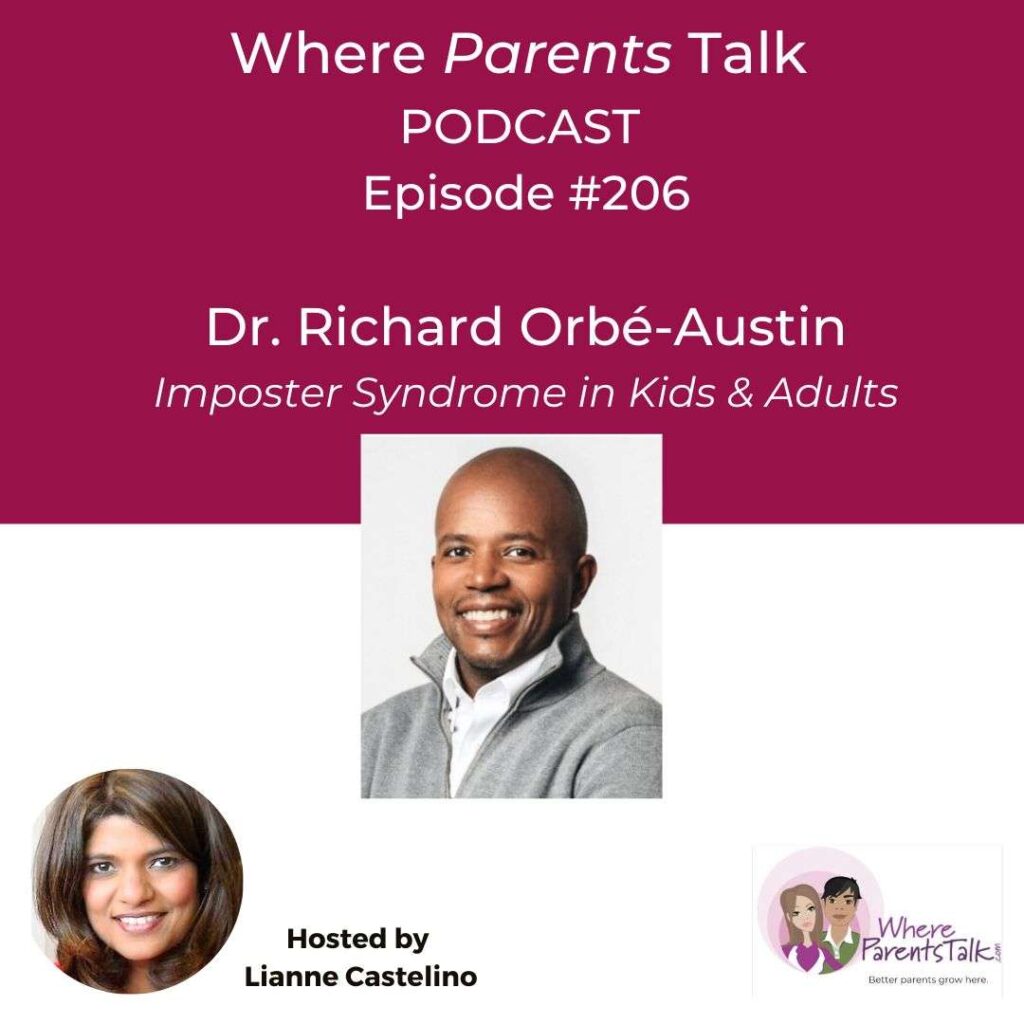Understanding the impact of imposter syndrome on youth is crucial to navigate their developmental journey.
In this episode of the Where Parents Talk podcast, Lianne Castelino dives unpacks how early childhood experiences and family dynamics can foster feelings of inadequacy, leading children to question their abilities and worth, with Dr. Richard Orbé-Austin.
A licensed psychologist, executive coach, speaker and author, sheds light on the intricate relationship between parenting styles and the prevalence of imposter syndrome.
Communication and discipline play pivotal roles in shaping a child’s self-perception, especially in a world increasingly influenced by social media and academic pressures.
The discussion explores practical strategies to help children embrace their independence while fostering a healthy emotional and mental state, free from the shackles of self-doubt.

DR. RICHARD ORBÉ-AUSTIN
Licensed Psychologist
Executive, Career and Life Coach
Speaker
Founding Partner, Dynamic Transitions Psychological Consulting, LLP
Author
Father of 2
“It’s a phenomenon which is when someone believes that they are a fraud, they constantly overwork to prove that they fit in, they belong. They attribute their success to luck or key relationships. They tend to underestimate their own ability and overestimate the ability of others. And they constantly live in this fear of being exposed as not good enough, not smart enough, and as a fraud.”


